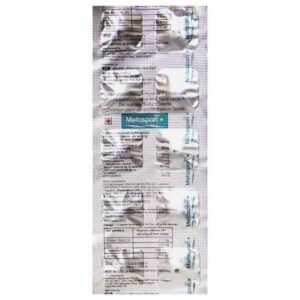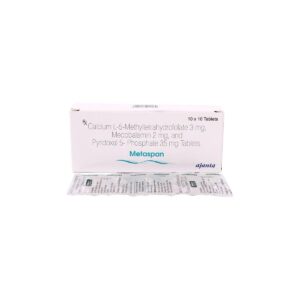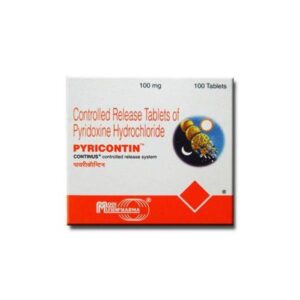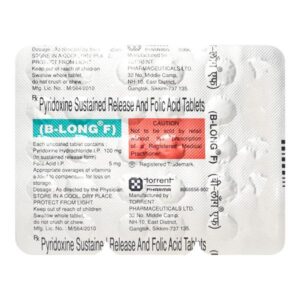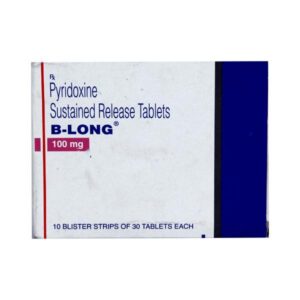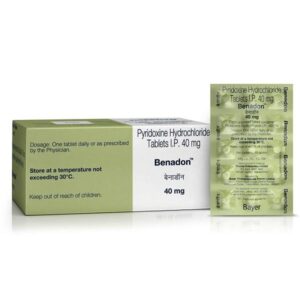PYRIDOXINE (VITAMIN B6)
PYRIDOXINE (VITAMIN B6): PYRIDOXINE, also known as Vitamin B6, is an essential nutrient that plays a crucial role in the metabolism of proteins, carbohydrates, and fats. It is available as an oral supplement and is commonly used for the treatment of vitamin B6 deficiency, as well as various medical conditions associated with its deficiency.
The mechanism of action of pyridoxine involves its conversion into its active form called pyridoxal 5′-phosphate (PLP). PLP acts as a cofactor for numerous enzymes involved in amino acid metabolism, neurotransmitter synthesis, and the synthesis of red blood cells and DNA.
The dosage of pyridoxine varies depending on the specific condition being treated. For the prevention and treatment of vitamin B6 deficiency, the usual adult dose ranges from 2.5 to 25 mg per day. However, the dose and duration of treatment may differ for different medical conditions, so it’s important to follow the recommendations of a healthcare professional.
Pyridoxine is generally considered safe when used at recommended doses. However, excessive intake of pyridoxine above the recommended daily allowance (RDA) of 1.3-1.7 mg per day for adults can lead to toxicity. Symptoms of pyridoxine toxicity include numbness, tingling, and sensory neuropathy. Long-term use of high-dose pyridoxine may also cause sensory nerve damage.
Other possible side effects of pyridoxine include gastrointestinal upset, such as nausea, vomiting, and abdominal pain. Rarely, hypersensitivity reactions may occur, leading to allergic dermatitis or anaphylaxis.
It is important to note that pyridoxine can interact with certain medications. For example, it can decrease the effectiveness of levodopa in Parkinson’s disease and can interfere with the action of certain anti-seizure medications. Therefore, it is essential to inform your healthcare provider about all the medications you are taking before starting pyridoxine supplementation.
In summary, pyridoxine (Vitamin B6) is a vital nutrient involved in various metabolic processes. It is commonly used for the treatment of vitamin B6 deficiency and associated medical conditions. It is generally safe when used at recommended doses, but excessive intake can lead to toxicity. Potential side effects include gastrointestinal upset and hypersensitivity reactions. It is important to consult with a healthcare professional before starting pyridoxine supplementation.

